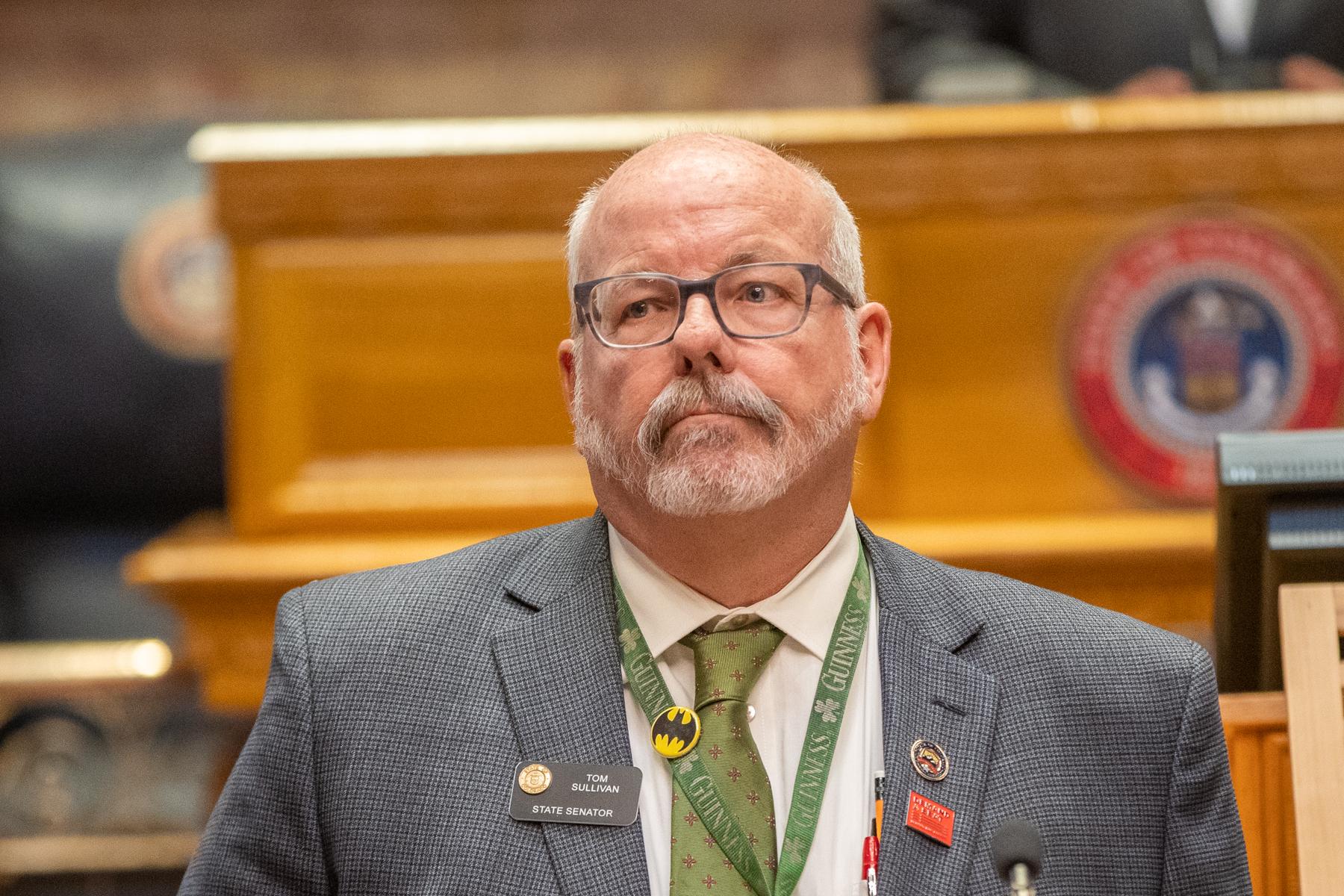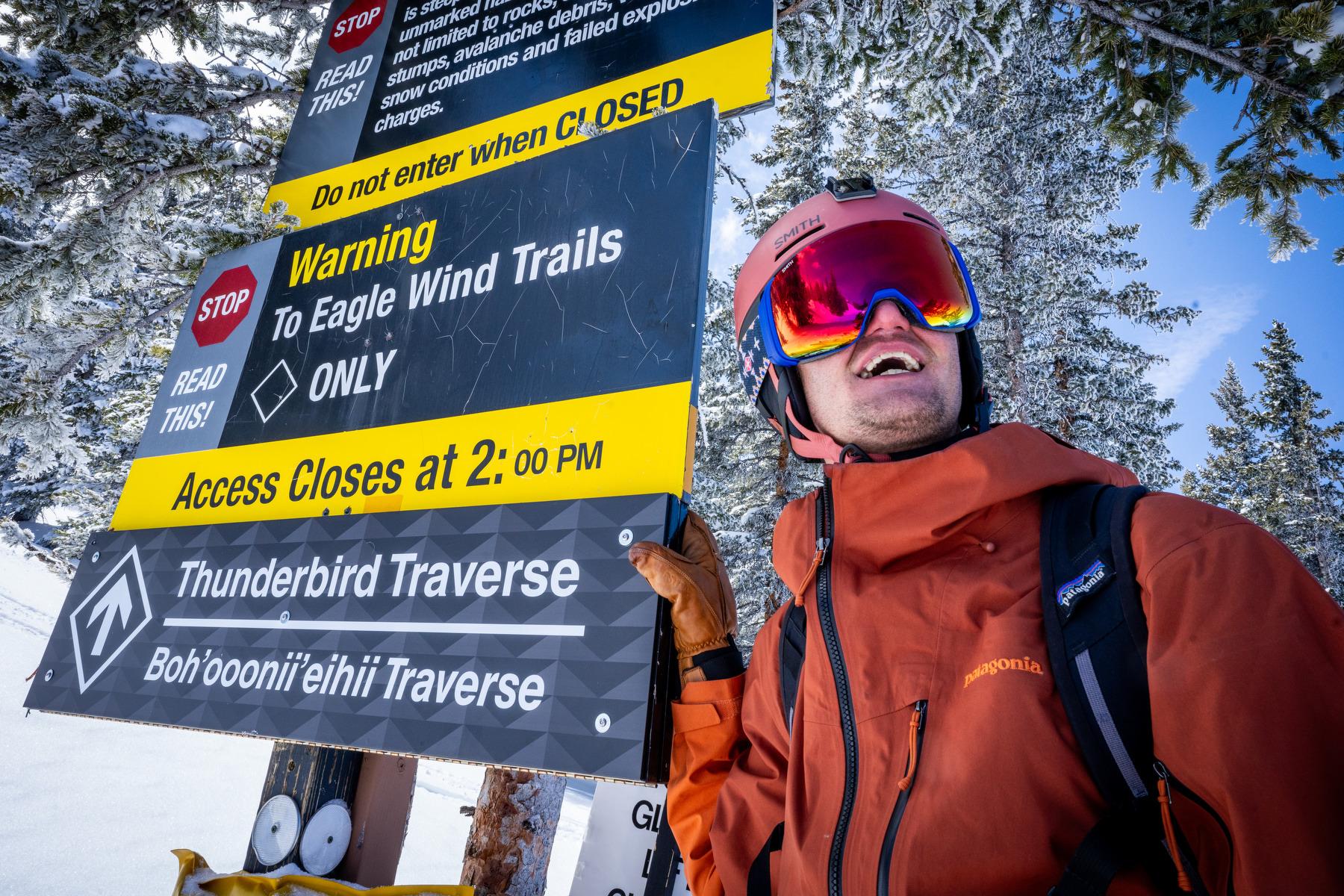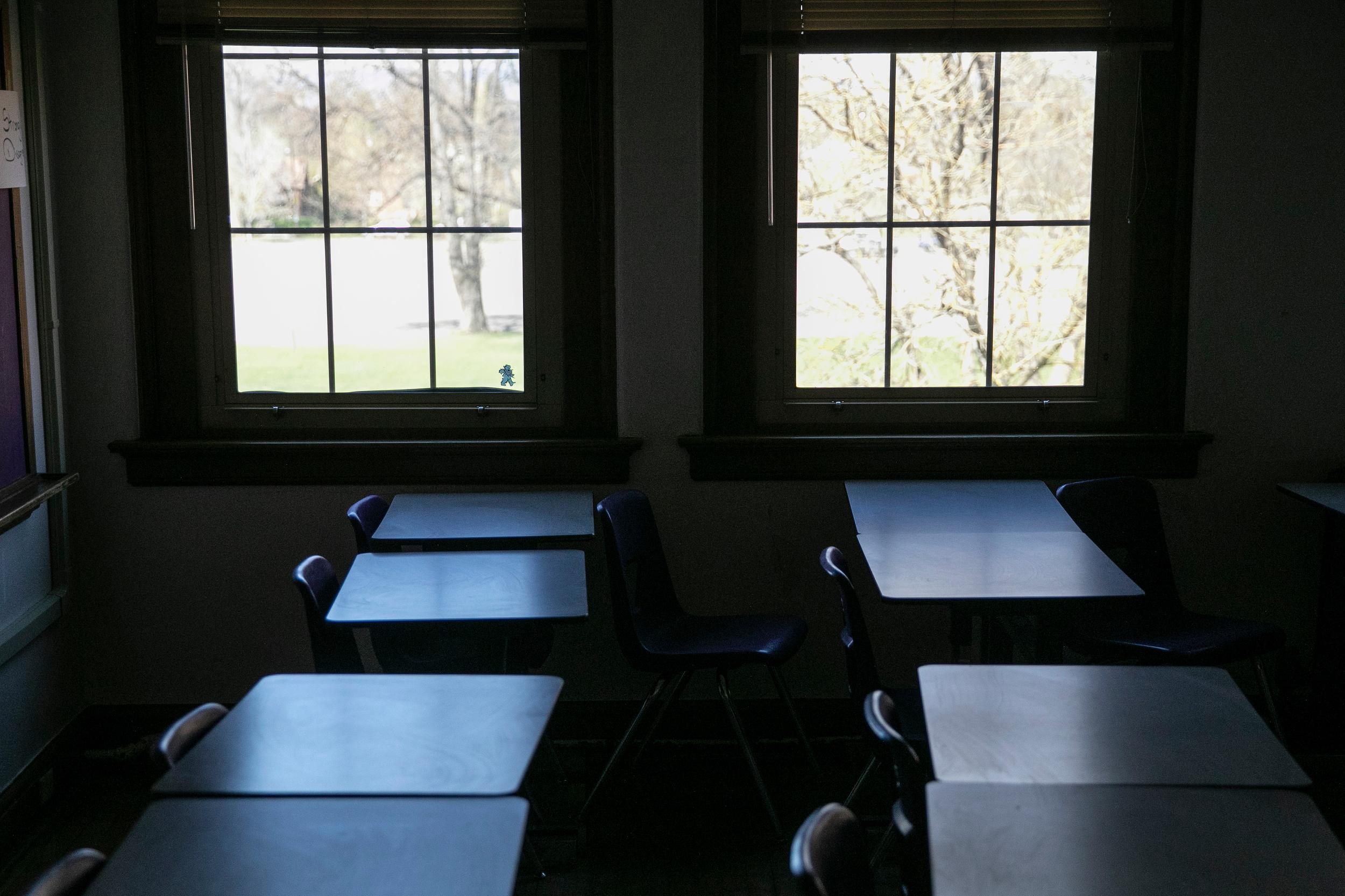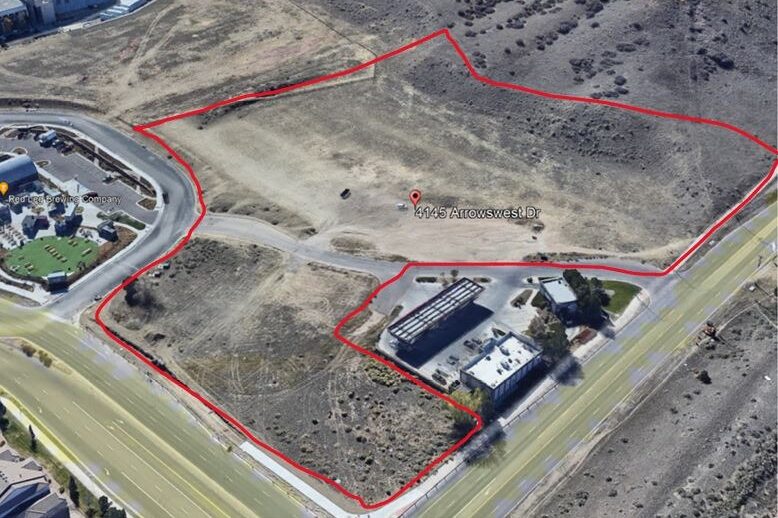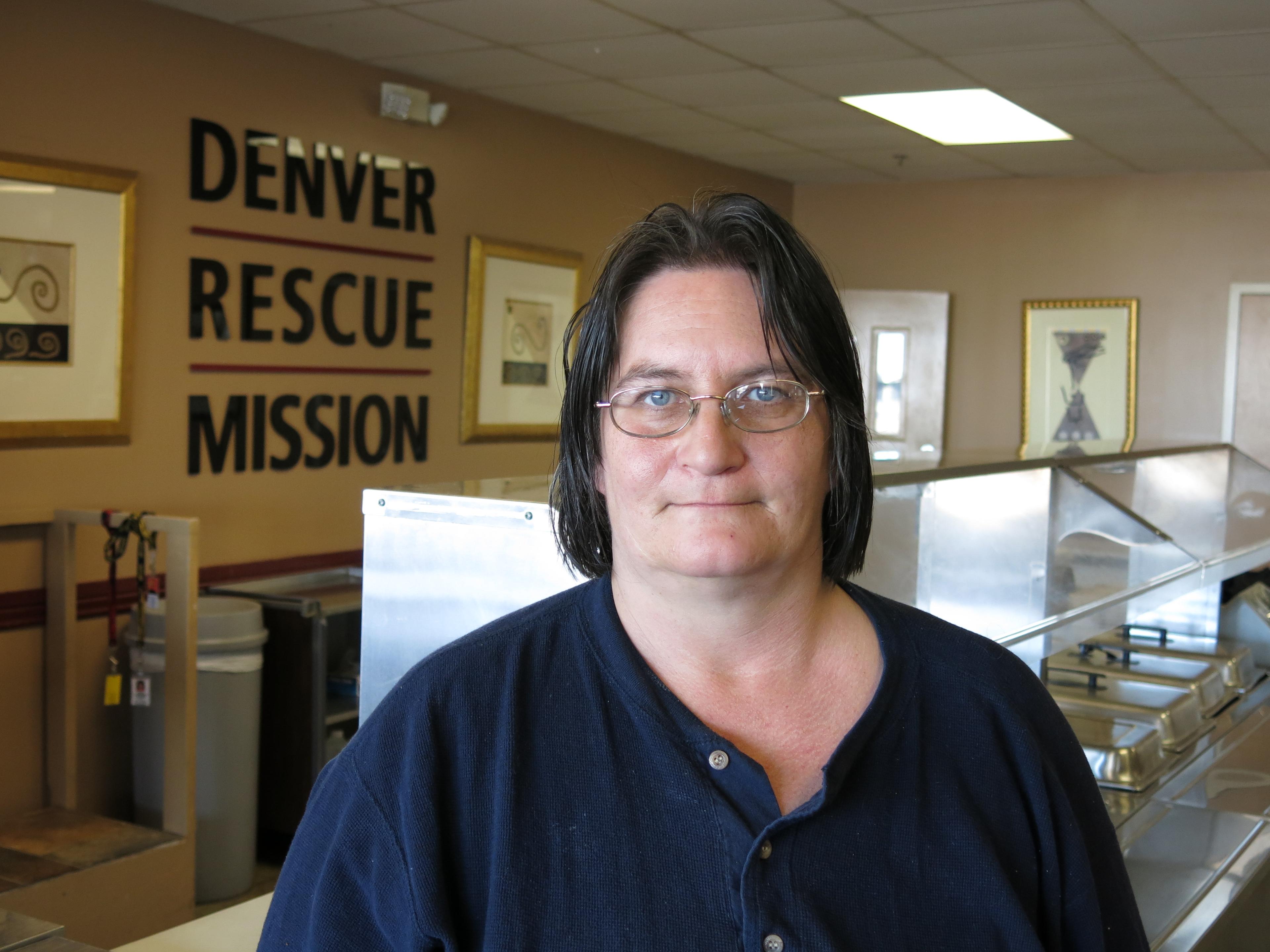
Nicole Hadley sits in an empty lunchroom at The Crossing in Denver. It’s a transitional housing facility run by the Denver Rescue Mission, a Christian charity.
“I was homeless,” she says, coughing as she speaks. “I was living from motel to motel.”
Hadley explains she used to work in law enforcement, and never thought she’d be homeless and end up here at the Crossing. Before coming to Denver, she lived in Massachusetts and then Florida, where her home was destroyed in 2005 by back to back hurricanes.
“I just happened to hit a rough patch and it put me in the street,” she says. “I really believe everybody is one paycheck away from being in the street.”
Hadley’s been homeless for two years. She has a list of health problems. She says she’s bipolar schizophrenic. She has arthritis, high blood pressure, and asthma. She’s lost most of her teeth.
“I’d like to be able to smile, but who wants to smile with four teeth in their mouth.”
Hadley has four kids, including a 13-year-old daughter named Mary Kate, who is also bipolar schizophrenic. Hadley says she gets a little money from disability benefits. Treating her family’s medical issues competes with other needs.
“Are we going to get the medications that mom needs or are you going to get the clothes you need for school?” Those are the kinds of questions she says she often has to ask herself.
“We have to choose. I mean, I make very little money on disability. So by the time I’m done paying even for my transitional housing expenses, I really don’t have much left.”
When it comes to finding affordable health care, that’s a common question for those struggling with little or no income.
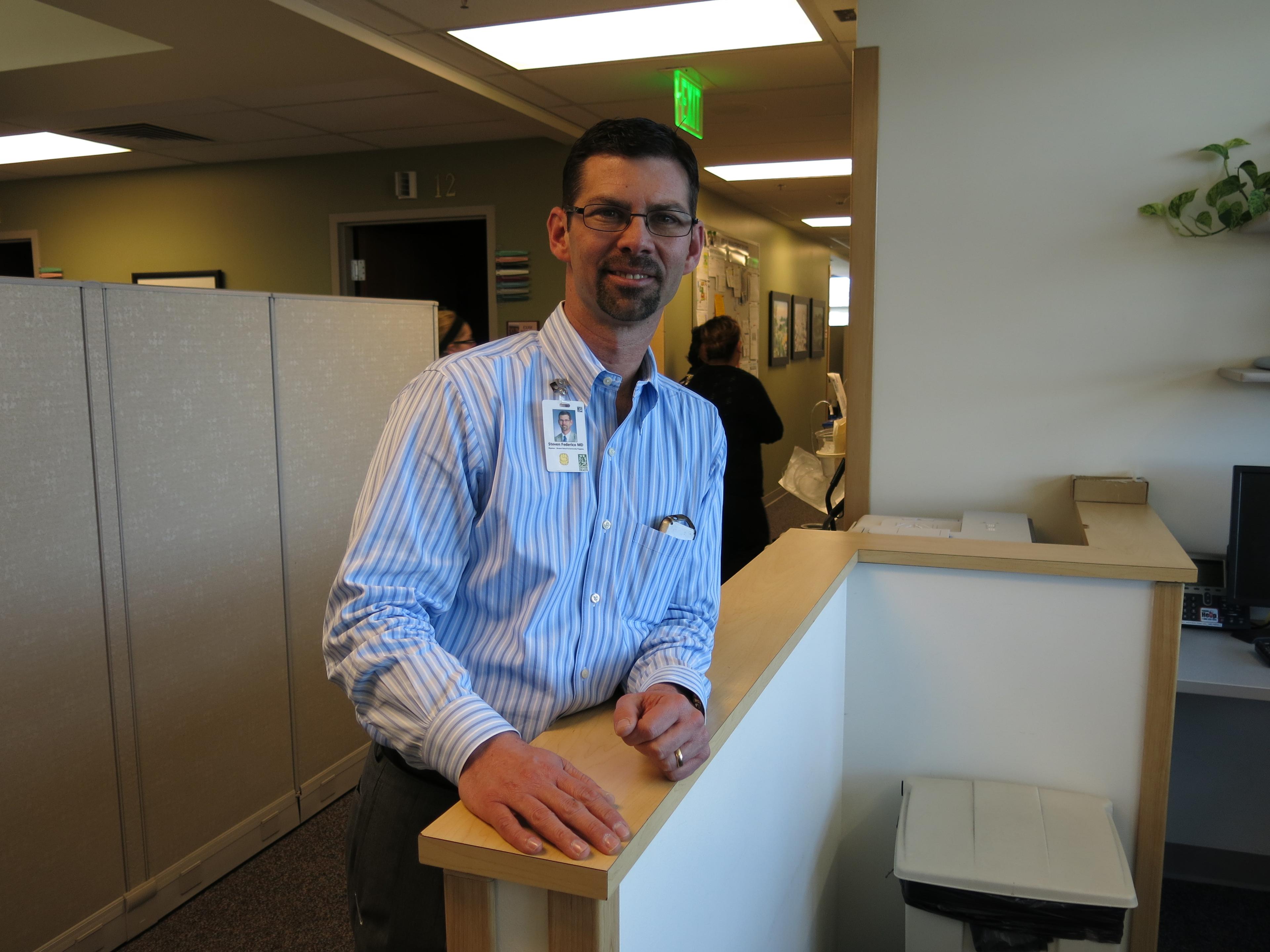
“Missing work to receive preventative services is a real dilemma for a lot of the families that I take care of,” he says.
“We must overcome the barriers our families in poverty face,” Federico adds. “Sometimes those are not as simple as they seem,” he says. "It’s not just getting to a doctor’s office. Issues can be where they live, having adequate housing, nutritious foods, early childhood education, getting a healthy start.” The list goes on.
Colorado’s mixed health report card
This year’s Colorado Health Report Card highlights how disparities in income can impact health. The report shows Colorado seniors, adults and adolescents fare well when it comes to overall health. But the report card gives C’s for the health of babies and children and puts Colorado 24th among all states in those two categories. Rahn Porter, interim CEO of the Colorado Health Foundation, says poverty has a huge impact on those health scores, and individual families.
“When you don’t have any disposable income to do anything other than just survive then there’s no way that your health can continue to improve,” he says.
The Colorado Health Foundation, which funds CPR health coverage, prepared the report along with the Colorado Health Institute.
“The report card is really important for us as a state to take a step back and to think about how we’re doing relative to other states,” says Michelle Lueck, president of the Institute. “Are we becoming the healthiest state in the nation?”
Colorado is pretty healthy compared with much of the nation. Adults here are the nation’s best for physical activity, low obesity rates and low rates of diabetes. But about a fifth of Colorado children live in poverty. Only 70 percent of the poorest children get preventative dental care. More than 10 percent of the state’s kids are obese, and kids from low-income families get the least amount of exercise.
“One of the issues that the families tell me about in my practice is having a safe place to play,” Federico says.
At the Denver Rescue Mission, Nicole Hadley’s next big decision revolves around finding the money and time to get her daughter Mary Kate new glasses.
“I’m hoping later this month that we’ll go and get them. Because if she can’t see the board, she’s not going to do very well,” she says.
Hadley says she’s saving money for an apartment and hopes things will soon get better for her family. Colorado health officials say alleviating poverty for families like Hadley’s will go a long way to improving the state’s overall well-being.

